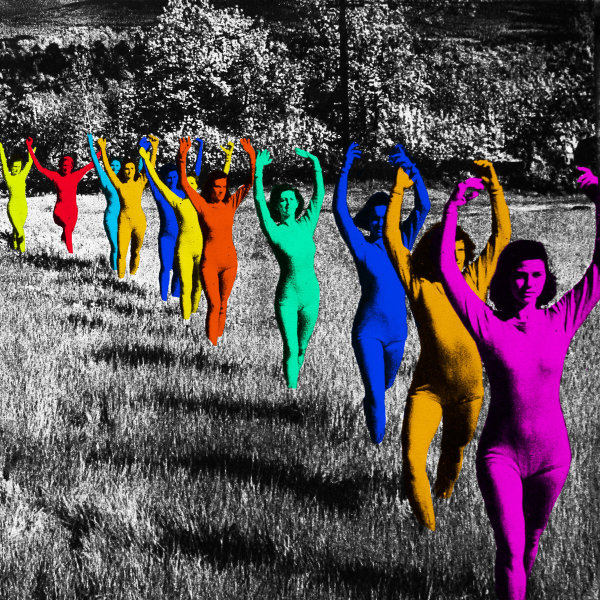It was a brutally cold February in my sophomore year when I stumbled upon TV Girl somewhere in a Spotify rabbit hole. French Exit, their debut album, drove its catchy hooks into my ears and dragged me from the bitter, isolated cave of hibernation that I bury myself in every winter. French Exit was a splatter of color in the dismal, grey cityscape. It was a humid exhale into still lungs, the world ballooned with breath. TV Girl’s latest album, Death Of A Party Girl, sustains the dream pop, neo-psychedelic feel of previous work. Petering delivers prosaic storytelling in third-person narration, recounting tales of wistful, romantic flings and mini-dramas starring various shades of the archetypal manic pixie dream girl. The songs are echoing and surreal, cut with samples of dialogue from movies and radio shows that convey a grainy, vintage feel.
Standouts include “King of Echo Park,” its beachy vibe conjuring images of skinny palm trees, graffitied skateparks, and humming lowriders. The lyrics seem to speak on the superficial nature of culture in L.A., the chase for fame and descent into destructive forms of escapism. “Cuz if you can’t be good / You drink in the name of art / And as the sun sets on sunset again / The stars come out so it don’t get dark.” “7 Days Till Sunday” is a swaying, upbeat bop. The speaker reminisces of rooftop parties and one night stands in Manhattan, fleeting affairs with girls in bands, and the self-conscious narcissism of teenagers. “Lonely Girls” deals a similar hand of cards, describing the nagging feeling of discontent even after you get what you want. Petering seems to take a more cynical view of relationships, describing meaningless casual sex and the restless dissatisfaction that follows these encounters.
“Blue Hair” embodies the romanticism of female characters that seems to plague films and books of pop culture. It’s easy to picture the eccentric Clementine from Eternal Sunshine of the Spotless Mind as the protagonist of this song, linking her mutable identity to the ever-shifting color of her hair, crying in a pitiful display of vanity. Here, Petering’s writing begins to tire, redundant in the way it projects unrealistic, idealistic notions on some vaguely defined silhouette of a girl. The final track, “Death Of A Party Girl” is hazy, a song with vacant stretches you have to wade through like swimming through a Lynchian dream sequence. It encapsulates all of the Laura Palmers of the world, the whirlwind energy of youth spiraling into ruinous habits. It seems like a callback to one of TV Girl’s earlier singles, “Natalie Wood,” suggesting an obsession with tragic death and the pitfalls of fame. = MARIAH HALL

